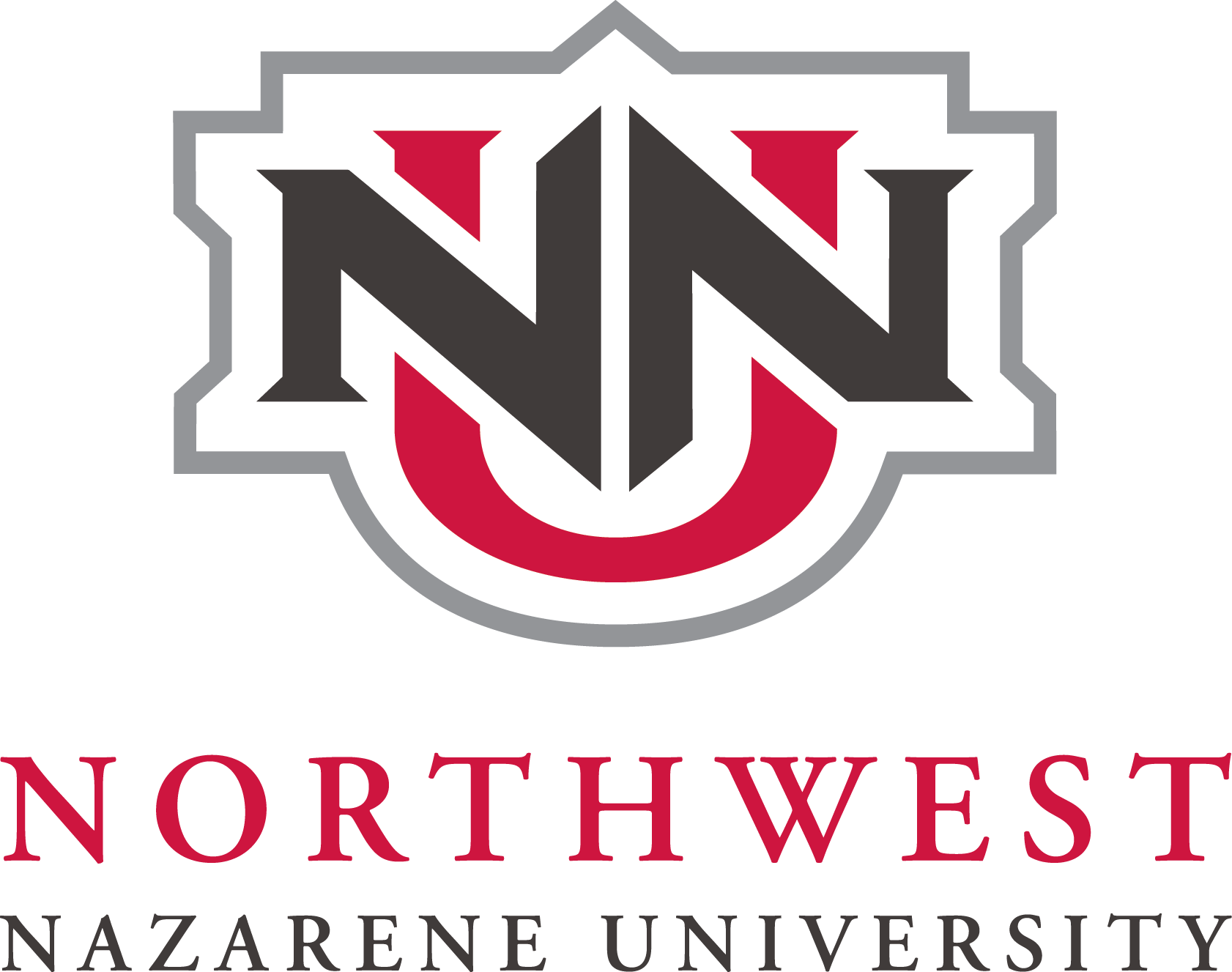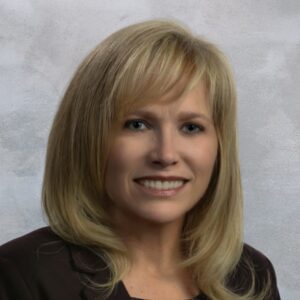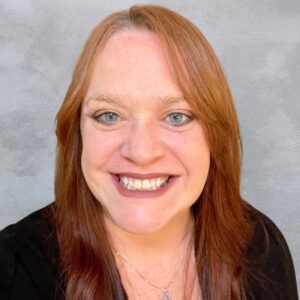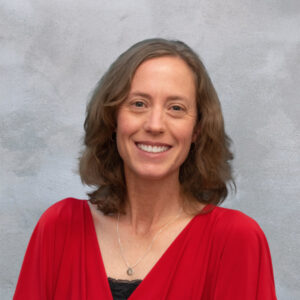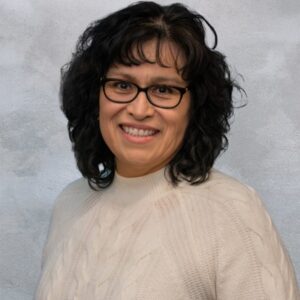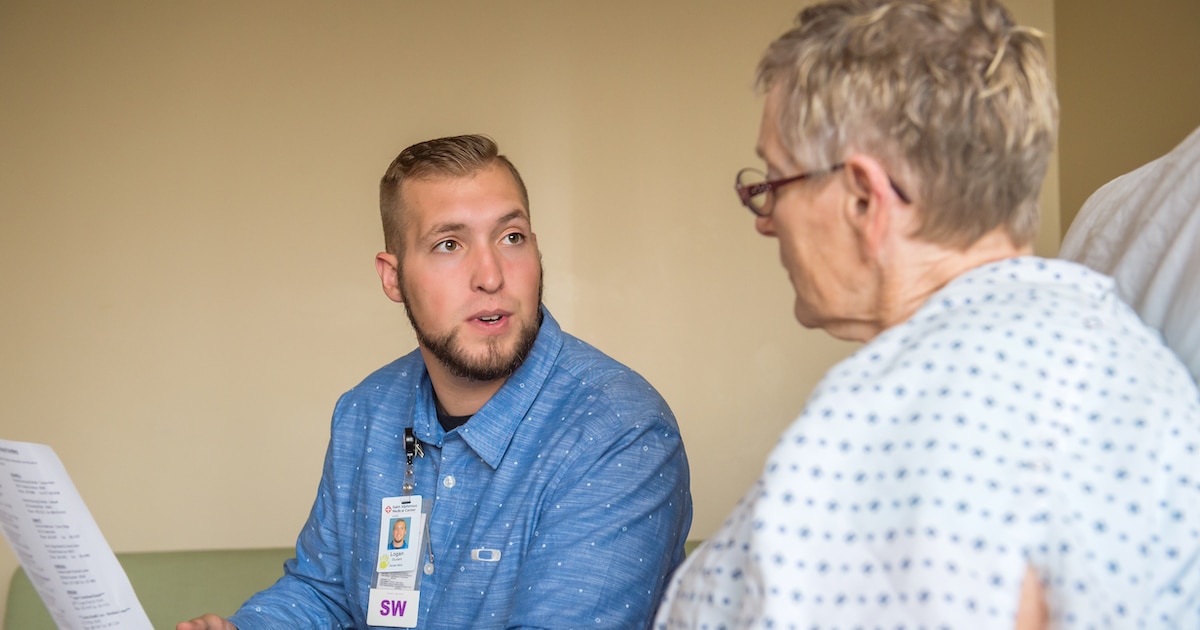GPS Admissions
208.467.8383
counselinginfo@nnu.edu
SCHOOL COUNSELING

- Choose between three counseling degree tracks
- Work closely with faculty mentors
- CACREP accredited program with a long-standing reputation for excellence
About Counseling
In the State of Idaho, school counselors do not need to be certified teachers. Thus, students from many different undergraduate majors elect to apply for school counseling admittance. The focus of the program is to prepare students to serve schools in rural communities. Beyond counseling core courses, the coursework specific to the SC track focuses on the components of the National Model, youth and child counseling skills and helping youth with special learning problems. Upon graduation, SC students are prepared to make an application for the Licensed Professional Counselor credential in the State of Idaho for the K-12 school counseling credential. They are also qualified for the Department of Education Pupil Personnel Services Certification.
If you are a prospective or current student who would like to look at course syllabi, please contact Deanna Millar at dmillar@nnu.edu.
degree details
Master of Science
Offered On Campus
$598 per credit, $150 per semester technology fee
Program Requirements
- 60 credit hours of coursework over eight semesters (an average of 33 months)
- Log 1,000 hours of practicum/internship experience
- Pass the national comprehensive exam (CPCE)
- Sit for the National Counselor Exam (NCE)
- Engage in personal growth experiences such as individual and group counseling (as clients)
Admission Requirements
- A baccalaureate degree from a regionally accredited college or university.
- A cumulative GPA of 3.0 in the baccalaureate program. [Note: The GRE is required for applicants with a cumulative GPA below 3.0. Applicants above a 3.0 cumulative undergraduate GPA may submit GRE scores to supplement their application files, but the GRE is not required.]
- An appropriate fit between the applicant and the program, as determined by references, transcripts, a program interview, a resume, a biographical background, writing samples and observation of applicants in group and mock counseling experiences.
- Strong evidence of a fit between the applicant and the non-academic dispositions determined by program faculty to be important for success in the program and in the field of counseling.
- Upon acceptance into the Counselor Education Master’s Program, students are required to undergo fingerprinting and a background check. This process will be at the expense of the student and must take place within the first 12 credits of the program. Any non-disclosure or falsification of information on application documents may be cause for removal from the program.
- Note: If English is not the student’s native language, proficiency must be demonstrated through earning an appropriate score on the Test of English as a Foreign Language (TOEFL). Minimum scores accepted: 550 (paper score); 213 (electronic score); 85 (internet-based test IBT) with writing and speaking no less than a score of 22 and no score under 20.
Delivery Methods & Affiliation
NNU offers all three of our counseling tracks (majors) in convenient evening classes starting every August (fall) and January (spring). Each semester, classes meet just one to two nights per week at the NNU campus, where students interact with their peers and professors in a meaningful way. The majority of classes meet in person, one class is fully online and a few are hybrid in their format. Application deadlines are September 1 for our spring start and February 1 for our fall start. This is a non-cohort model and students typically finish in eight semesters (though they have up to six years to complete the program).
NNU is a religiously affiliated institution with a Wesleyan foundation. Spiritual wellness, an atmosphere of gratitude, commitment to community, service to others, a relational focus between faculty and students and good mental health practices are modeled by faculty for students. Students of any background/tradition are welcome.
Additional Information
Families ETC
Select students from the CMHC, MCFC and SC tracks have the opportunity to intern at Families ETC, the private non-profit counseling center associated with the department which provides couples, individual, play therapy and youth assessment services. Students will be supervised by faculty who have expertise in trauma work. Those students who are specializing in play therapy have the opportunity to work under the supervision of a registered play therapist. Find out more at Families ETC or call 208.467.8837.
Emphasis Areas
Play Therapy Pre-Certification
It’s through play that children are best able to form therapeutic alliances, express themselves, relate to others, learn new knowledge and skills, boost their egos, master stress and develop their sense of self. In order to promote the value of play, play therapy and credentialed play therapists, the Counselor Education Department at Northwest Nazarene University is increasing the availability of play therapy instruction, application and research in this specialized area.
This post-graduate play therapy pre-certification program aims to present a state-of-the-art academic rigor that will survey the latest advances and developments in the field, including the three main pillars of therapy: theory, research and practice. An experiential component throughout the emphasis will focus on basic play therapy skill development within the context of ethical and diversity-sensitive practice and supervised clinical applications will be gained through a structured lab component.
Accreditation & Regulations
NNU’s graduate counseling programs are accredited by the Council for Accreditation of Counseling and Related Educational Programs (CACREP), a specialized accrediting body recognized by the Council for Higher Education Accreditation (CHEA), which is a requirement for licensure in many states. NNU’s Adventure Play Therapy Center (Center) is an approved Center of Play Therapy Education by the Association for Play Therapy (APT).
Annual Reports for CACREP can be found here.
Notice Out-of-State Students
Since this program leads to professional licensure, prospective students should review important information about NNU’s participation in the National Council of State Authorization Reciprocity Agreements (NC-SARA) and Professional Licensure about this program. Individual states often have different expectations for professional licensure, so it is in a prospective student’s best interest to investigate whether NNU’s degree program will help them achieve licensure in their home state.
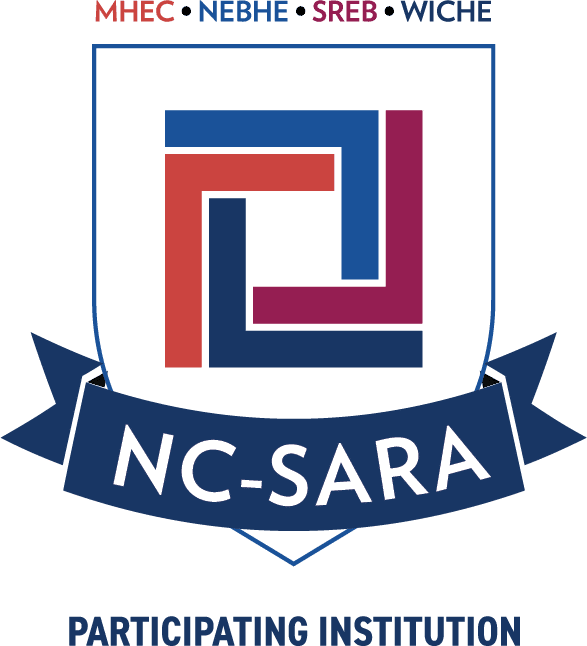

career paths
Metropolitan and nonmetropolitan area occupational employment and wage estimates for the Boise area are sourced from U.S. Bureau of Labor Statistics.
